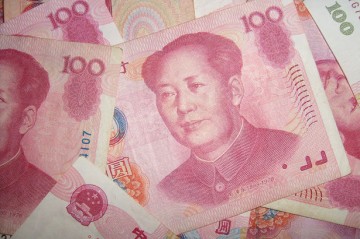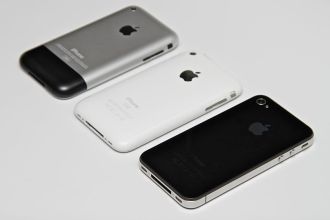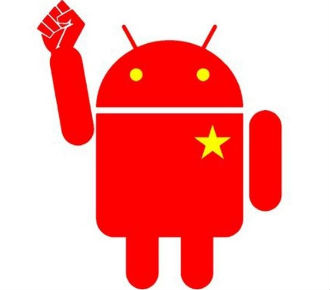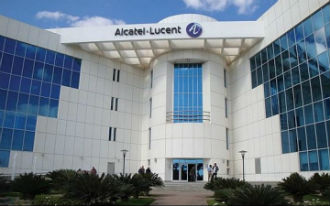 China’s largest telecom equipment maker, Huawei, has found four employees in violation of the company’s policies on corruption.
China’s largest telecom equipment maker, Huawei, has found four employees in violation of the company’s policies on corruption.
The four were discovered during an internal inspection and the case has lead the company to conduct training sessions on how to avoid bribery.
Huawei had not provided any details about the case. News outlet Caixin, which first reported the inspection last week, said a total of 116 employees were implicated in soliciting and accepting bribes from outside sales agents in exchange for rebates.
In a statement Huawei said firmly implementing an open, transparent and stable channel policy, in order to pursue fairness and justice in the market, and to “fight firmly against any form of employee practice that fails to meet the standards we set for ourselves.”
This is probably a bad time for something like this to happen. The Chinese government is carrying out a crackdown on corporate misbehaviour within both foreign and domestic firms. This is seen as more popular and less tricky that controlling corrupt Communist Party officials at a local level.
Chief Executive Ken Hu told the Financial Times that graft inspections were done every year and “nothing new,” adding that it only attracted media attention this year.















